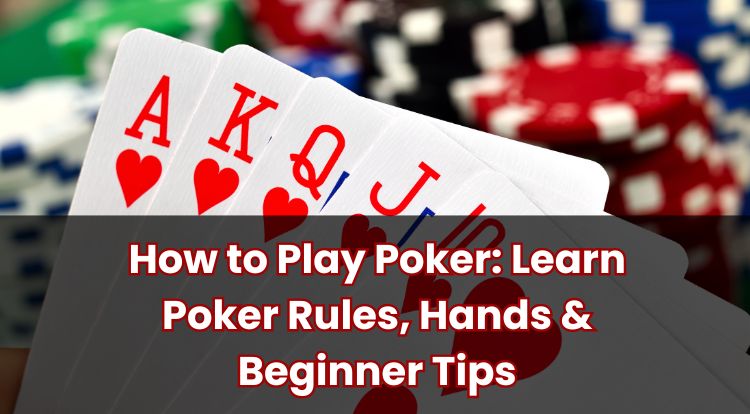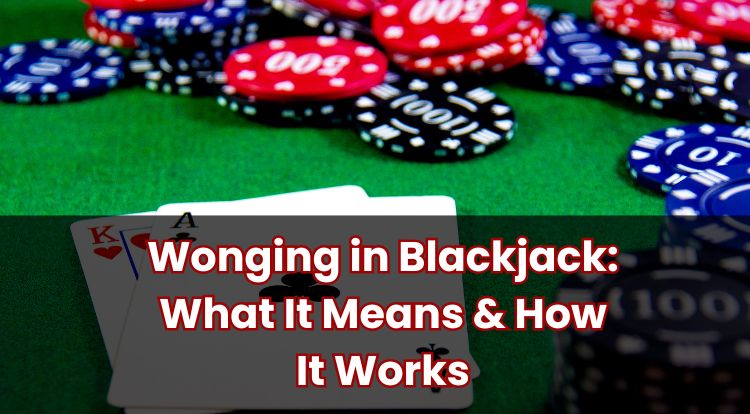What Is Collusion in Poker and How Is It Detected?
Poker relies on everyone at the table following the same set of expectations. Most people do, but a few attempt something different: working together in ways that attempt to quietly shift outcomes.
Understanding how this happens, how it’s recognised, and how platforms respond can help steer players towards games that feel more genuine.
This blog post explores what collusion means, why some turn to it, how it’s detected, what signs to watch for, what platforms do when it’s uncovered, and why the integrity of the game is worth protecting.
Read on to learn more.
What Does Collusion in Poker Mean?
Collusion is a form of covert teamwork between players during poker games. Rather than playing independently, a pair—or occasionally a group—coordinates decisions in ways that give them an edge over others at the table.
This coordination shows up in several ways. Some versions are subtle, like easing off when facing a known partner, while others involve deliberate chip movements or strategic raises and folds that funnel benefits towards the group. Messages exchanged off the table, or even non-verbal cues, can all play a part.
Although the specifics differ, the aim is the same: to gain an unfair edge through cooperation that others aren’t aware of.
So, why do some players choose this route?
Why Do Some Players Collude in Poker?
The goal is typically to tilt outcomes in their favour by working as a unit. When multiple accounts act with shared intentions, it’s easier to shift the course of hands and alter who benefits from them.
For example, one person might give up chips to a partner under the radar, helping them stay in play longer or climb tournament brackets. Another might choose not to contest pots aggressively when facing their teammate. Some see online settings as an opportunity—private chats, anonymity, or group affiliations can blur the boundaries of independent play.
Not all of it starts with malicious planning. Some people convince themselves it’s just “support” or part of a shared approach. But over time, what starts small can cross the line.
And when it does, detection tools are often already watching.
How Do Poker Sites Detect Collusion?
Poker sites don’t rely on individual reports alone—they use layers of monitoring to flag concerning patterns across millions of hands.
Systems keep an eye on how frequently certain accounts appear together, how they act against one another, and whether their collective outcomes differ from what would be expected in unaffiliated play. For instance, if someone repeatedly folds in strong positions only when facing the same person, it stands out.
These platforms also track how decisions line up between accounts. If two players continually make moves that boost each other’s positions, far beyond what could happen randomly, it raises a flag.
Beyond what happens during hands, other data points matter. Log-in times, device similarities, and location information help confirm links between accounts. Shared devices, account switches, or persistent partner appearances across tables form a broader picture.
Once that’s in place, human teams step in to study context, review entire sessions, and decide whether the pattern holds up under close scrutiny.
Common Signs of Collusion at the Table
From the outside, certain behaviours can look unusual. Some might notice a reluctance between two players to go after each other, even when it would usually make sense. Others might spot odd betting patterns—like someone repeatedly overbetting to clear the field, followed by another taking the pot with little resistance.
Over time, these moments start to link up. You might see surprisingly cautious play when strong hands would normally be aggressive, or notice one player routinely avoiding profit-making spots—except when their partner isn’t in the hand.
In tournament formats, it might look like one player always seems to benefit near the key stages, thanks to chip shifts that don’t quite follow standard play.
One or two moments don’t say much. But when the same dynamics appear again and again between the same names, it’s worth raising with the site for review.
How Technology Helps to Stop Collusion
Technology helps make sense of all these individual clues.
Automated systems group accounts by how often they face each other, how they play when they do, and whether their outcomes seem unusually favourable. Machine learning tools examine thousands of sequences to find subtle patterns—like repeated check-folds that always shield one person’s stack.
But gameplay alone isn’t the full picture. Detection teams also study how accounts behave behind the scenes: which devices are used, when people log in, and whether payment trails or location tags overlap.
From there, relationships are mapped out. Networks form—clusters of accounts that repeatedly interact in ways too consistent to be a coincidence.
And once these cases are flagged, the final step is always human review. Analysts revisit full hand histories and look at table flow, ensuring that the right calls are made.
What Happens If You Are Caught Colluding?
If collusion is proven, the response is clear. Accounts involved are usually shut down, and any gains made through improper play are often taken back. In some cases, redistributed funds go to other players who were affected by the outcomes.
Repeat cases, or clear group activity, can lead to broader bans across platforms operated by the same company. For those hoping to rejoin elsewhere, past activity may follow them through shared records or tighter checks during registration.
While most sites offer a route to appeal, the decisions rely on full datasets—covering many hands, not just isolated events.
These actions serve to rebalance the table and protect others from facing skewed environments.
Why Fair Play Matters in Online Poker
When each player acts independently, the game reflects the choices they make and the cards they receive—not invisible alliances. The structure only holds when everyone competes on equal terms.
Licensed sites are expected to watch for signs of unfair coordination. Tools for reporting, combined with strong detection systems, form a key part of that effort. If something feels off, using in-game reporting helps the platform follow up promptly.
In the end, the integrity of poker relies on shared expectations—and maintaining that keeps the experience engaging for everyone who chooses to take part.
Colluding with other players breaks the rules and undermines the enjoyment and fairness of poker. If you choose to play, always compete honestly and independently.
**The information provided in this blog is intended for educational purposes and should not be construed as betting advice or a guarantee of success. Always gamble responsibly.




